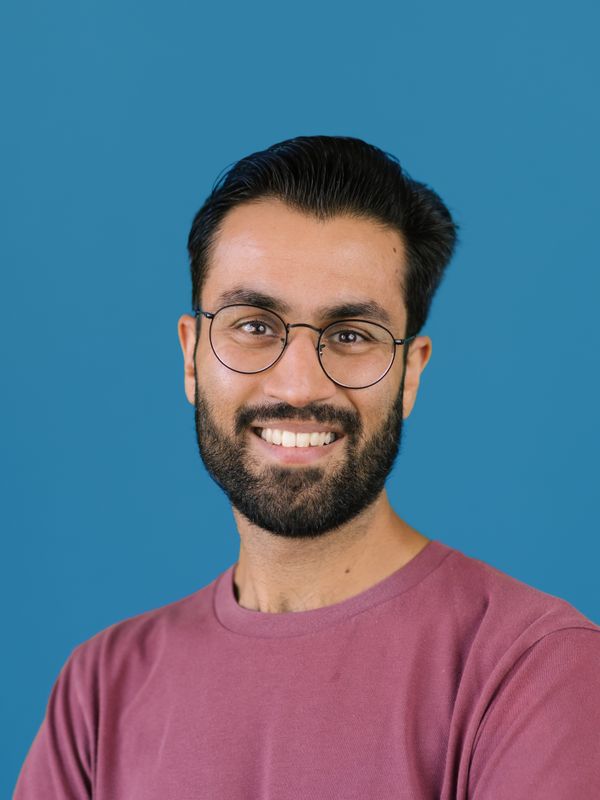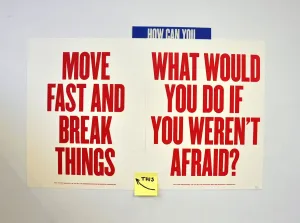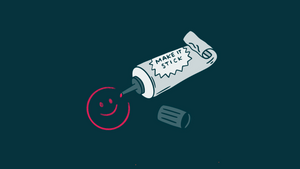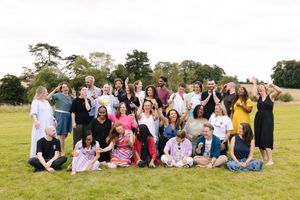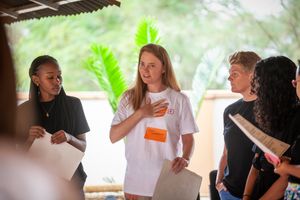
In Malawi, drones fly vaccines, PPE, and other essential medicines to rural health centres. For both routine and emergency care, these flying robots provide a reliable, safe supply chain. But the tech companies operating these drones are from the Global North. Are they taking away the incomes of local couriers? Are they stopping locally led technologists stepping up to the challenge?
Across sub-Saharan Africa, off-grid energy and electric vehicles are becoming mainstream. Technical and business model innovation has meant that the technology can scale, bringing affordable power to millions. But are the batteries producing toxic waste that is accumulating in landfills? Is it right that for-profit companies are supplying citizens with energy, rather than governments?
At Brink, we’re lucky enough to work with technologies that can transform lives. Our work takes us all over the world, and often to countries where wealth, in people and systems, is low. What existing power dynamics are the technologies we work with landing in? What does it mean to do our work in English? Our processes help us identify partners: who is being excluded by these?
These are questions of equity, and of ethics.
And they are questions, rather than red lines. Our work happens in the real world, a messy system with trade offs and unintended consequences in which nothing is straightforwardly good or bad.
These questions nest in the big challenges Brink tackles. And we aspire to nest the systems, knowledge, and mindset to work through them in our day-to-day. Whether it is in how we work with innovators all over the world, to whom we partner with (and how we find them), to the technologies we champion, our goal is for all of our endeavour to have a bold and rigorous ethics and equity lens embedded at its heart.
But first…
🤔 What do equity and ethics mean to Brinksters?
Ethics and equity are big words.
When they intersect with technology and global good, their meaning is being shaped by global trends like decolonising aid, big tech’s war on human liberty and wellbeing, and increasing digital divides.
To help us understand what they mean for Brink, we held an organisation-wide inquiry to unpick what they meant to each Brinkster. Here’s some of the big themes that came up:
Ethics and equity is understanding the flipside to tech and global good. We work with transformative technologies, from drones, to AI, to blockchain. What’s on the other side of the algorithms and alien objects, the side that isn’t as ‘shiny’? We work to try and catalyse huge impact: in health, education, and other sectors. What’s on the other side, the side with the ‘knock on’ consequences and power dynamics that we talk about less?
As Brinksters, how can we get closer to clarity on — and take responsibility for — the trade-offs and results from our work?
Ethics and equity is staying humble; asking questions; getting it wrong. Too often, we don’t want to get in the way by asking a difficult question, or we accept the status quo and power dynamics in the rooms and projects we work on.
How can we make space for the difficult conversations, even where it might slow us down or we might be wrong?
Ethics and equity is acting off a set of truly shared values. It is tempting to assume your values mirror everyone else’s. That’s particularly dangerous as our work takes us across contexts and cultures. Are there values, spoken or unspoken, that are being overlooked? Are there schools of thought or agendas that are being (de-)prioritised?
How can we get to a set of truly shared values that allow us to measure the success and impact of our work?
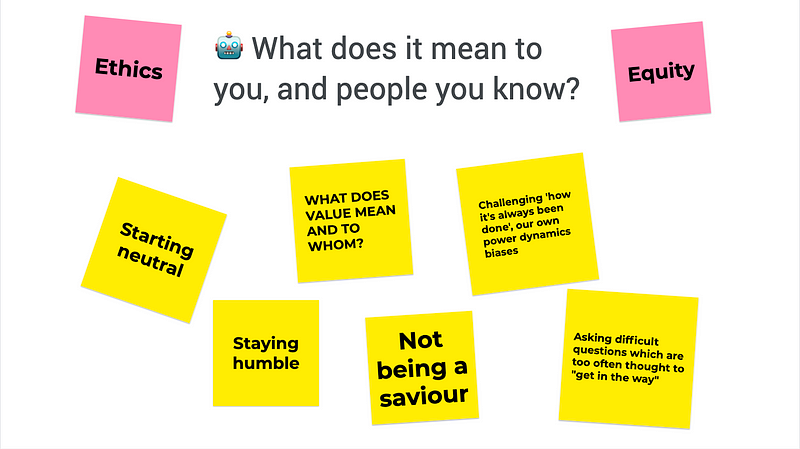
🛠 From the philosophical to the day-to-day
Our next step is to move from defining ethics and equity to making them a part of Brink’s ways of working and being. As with all our work, we’re thinking big but starting small to test what moves the dial.
We’re thinking about the best way to build up the knowledge and confidence to engage with questions like those above. We’re asking: how can we harness collective wisdom, not just of Brinksters but others who do similar or adjacent work?
We know there’s several paths we could go down: an open Slack channel to share (or ambiently absorb news and perspectives)? A newsletter with an open library that anyone can add to and discuss on GoogleDocs? A global virtual book club?
Whatever we do, we want to make sure it brings together people from different domains, different cultures, and different parts of the world. Help us figure out what to build and curate:
Perhaps the most important thing we can do is to give each other the space to learn, think, and grow. There are big debates about the role of technology in solving entrenched global challenges. At Brink, we’re thinking deeply about the sector, the world, and our place in it.
Stay tuned, and if you fancy a chat drop us a line on [email protected] ☕️
P.S. We can’t end without sharing some of the things that have inspired us. Here’s a reading list and toolkit for the curious:
This piece by Abeba Birhane on the Algorithmic Colonisation of Africa on how 21st century big tech mirrors 19th century European governments in seeking social control and dependence. Not for the faint of heart!
The Open Data Institute’s Data Ethics Canvas, something we use on Frontier Technology Futures to think critically about the use of data in international development.
The Omidyar Network’s work on Responsible Technology continues to set the agenda for building tech well.
Rebecca Solnit is one of the most articulate writers on the pernicious social influence of tech, and its fragmentation of attention and relationships. Her essay ‘We’re Breaking Up’ is as compelling as it is beautifully written.
P.P.S. A huge thank you to Constanza Robles Fumarola, David Vigoureux, Abi Freeman, and Bryony Nicholson for their help in writing this.
